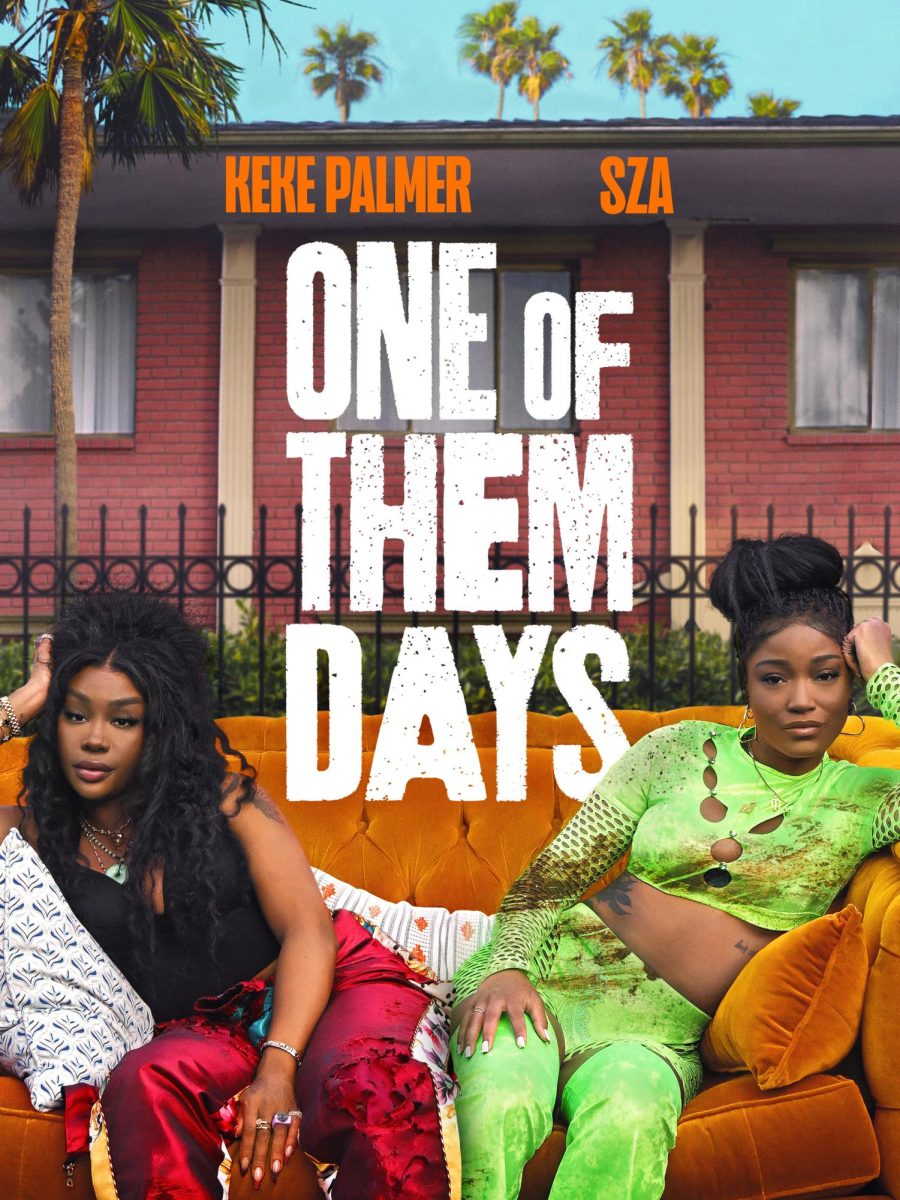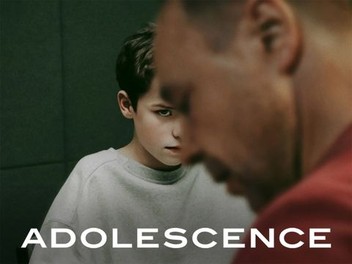In 2016, after a four-year hiatus and finessing 20-million dollars from Def Jam Records, one of the 21st-century’s most highly regarded artists, Frank Ocean, dropped an album that many fans highlight as Ocean’s Magnum Opus—Blonde was released to much positive critical and public reception and has often been viewed as one of the best albums of its decade. Ocean’s deliberate lyrics, production, and tendency to stray away from the public eye all add to the album’s ability to stand out in an industry filled to the brim with new music every day. However, the most notable subject related to Blondes’ release was how Ocean initially worried fans about what became one of the greatest “heists” in music label history.
When Ocean first started making noise in the music industry, he worked primarily as a ghostwriter for other artists, such as Jay-Z, Beyonce, and John Legend. So naturally, he took the opportunity when offered a record deal for two solo albums with the music label Def Jam. However, Def Jam had little confidence in Ocean and doubted he would ever even get to make an album as he was still only known for ghostwriting.
Much to the surprise of Def Jam, Ocean’s debut studio album, Channel Orange, racked in millions and was critically acclaimed. Now that Def Jam saw Ocean as the label’s future, they quickly began typical studio abuses. Most of the earnings from Channel Orange went to Def Jam while the label also started impeding on Ocean’s creative freedom.
Soon, Ocean realized something had to be done to prevent what labels have brought upon countless other artists: burnout.
On the first of August 2016, an unusual and endless stream appeared on Frank Ocean’s website. In the live stream, Frank Ocean can be seen woodworking in a warehouse in Brooklyn, with an Apple Music logo and instrumentation played sporadically throughout the broadcast. These instruments ended up being what would then form into instrumentals from the Endless album that Ocean released exclusively to Apple Music. The stream would end up lasting 140 hours.
As the stream continued, it became apparent that Ocean was building a staircase. As the stairs neared completion, songs from the Endless album began playing during the stream. Eventually, an Apple Music link was available to listen to the 45-minute version of the visual album.
Endless flopped, and it soon became clear that this was Ocean’s intended purpose. Ocean later came out and admitted that the Endless visual album represented the “final move in a seven-year chess game” he’d been playing with Def Jam Records to get out of his two-album contract and gain creative and financial independence for himself. Two days later, Ocean dropped his brand-new independent album, Blonde. Essentially making the entire Endless album a decoy so that Frank could release Blonde without giving up so much of his earnings to Def Jam.
Blonde stormed the charts; it’s rumored that in sales, the album earned over two million dollars for Ocean, the Endless album only garnered 157,000 dollars for Def Jam.
Ocean’s trickery proved that a musical artist could succeed without a music label. Other musical artists saw this finesse as a necessary victory for all artists who have been churned out of all their resources by these labels’ abuses.
When prompted, WHS students supported Ocean’s win over Def Jam: “You know, it’s inspiring to see someone big like Frank Ocean break free from the industry,” Anika Kale, a WHS junior, said. “I don’t know much about Frank Ocean, but if he managed to take 20 million from Def Jam to go independent, that’s just crazy, good but crazy,” Merav Sriram, a WHS sophomore, added.
Finally, Chris Bound of Mystic Sons, an Entertainment news website, offered a different view of who had won the Ocean v Def Jam dispute: “If anyone has come out on top of this, it is us, the listeners, who now have two Frank Ocean albums to enjoy.”Frank Ocean displayed genius not only with the powerful pieces within Blonde but also with his checkmate against the big music industry to gain creative and financial independence for his artistry again. Overall, Frank Ocean proved that a major artist can go independent and succeed in the charts while holding onto their artistry, which evidently, as with Kanye West’s new independent album Vultures 1, still inspires artists today.













